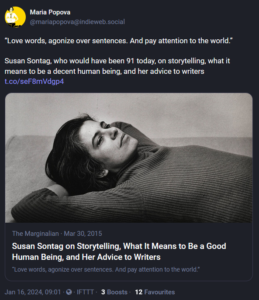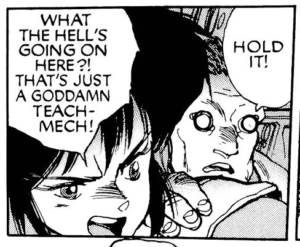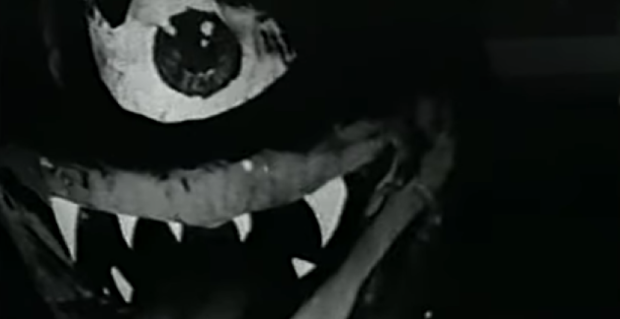 In The Techno-Optimist Manifesto, Andreessen puts forward a story about the relationships between humanity and technologies. We should consider his perspective, and what he highlights and what he ignores.
In The Techno-Optimist Manifesto, Andreessen puts forward a story about the relationships between humanity and technologies. We should consider his perspective, and what he highlights and what he ignores.
He says, “We believe [technology] is the story of the material development of our civilization; this is why we are not still living in mud huts, eking out a meager survival and waiting for nature to kill us” People live in brick houses and live paycheck to paycheck, until they get sick and die. What has changed? Some people are billionaires who think if they hoard enough resources they can cheat death.
Andreessen sees the world from the perspective of an owner/investor, rather than a worker. Tech (and people) work for him and his benefit. What those people have to do, and under what conditions, is invisible to him.
We believe the techno-capital machine is not anti-human – in fact, it may be the most pro-human thing there is. It serves us. The techno-capital machine works for us. All the machines work for us.
This again reminds me of Darwin Among the Machines, but perhaps that depends on who he means by “us.” The techno-capital machine employs a lot of people, and works for people at Andreessen’s economic stratum.
“Move fast and break things” is not stated, but ever present. People of a certain status can afford to take chances, can afford losses, are protected from broken things and the damage that breaking things causes. The manifesto also echoes, even quotes, Marinetti’s Futurist Manifesto, which inspired no small breakage in the 20th century. This makes me wonder what the techno-optimist is really optimistic about.
So I asked Dr. Oblivion, “Does The Futurist Manifesto offer a useful frame for evaluating the potential of AI? Is it reasonable to consider it optimistic?”
Well, my young friends, the Futurist Manifesto, is a set of ideas written by Filippo Marinetti way back in 1909.
It was all about embracing technological progress and the excitement of the future.
When it comes to evaluating the potential of AI, it’s good to have an open mind like the Futurists.
However, it’s important to balance that optimism with thoughtful consideration of the potential risks and challenges that AI might bring.
So while the Futurist Manifesto gives us a useful frame, it’s always wise to approach AI with a mixture of optimism and caution.
Spoken like a true bot.




















 The best part of co-teaching, the most fun, is seeing how
The best part of co-teaching, the most fun, is seeing how